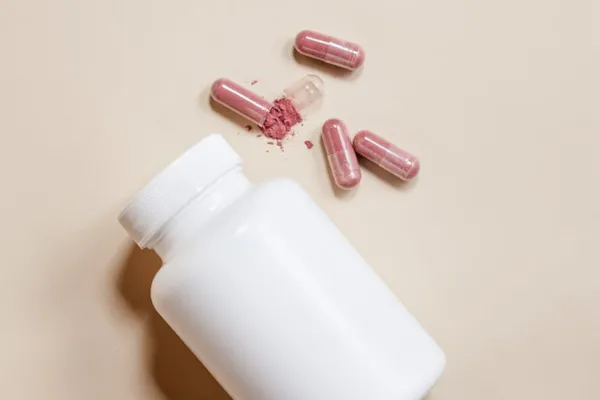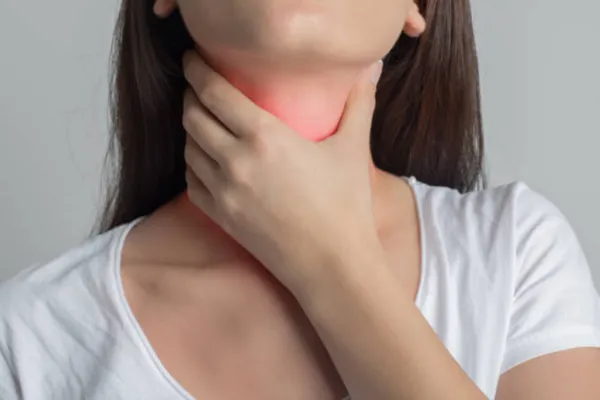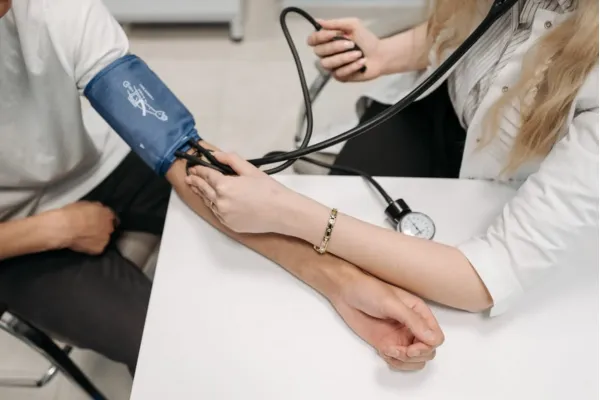Drug De-addiction Services

Overview
At Ray of Hope Psychiatric Care, we understand the complexities of drug addiction and its profound impact on individuals and their families. We are dedicated to providing a compassionate, supportive, and evidence-based approach to help adults break free from the cycle of substance dependence and build a foundation for lasting recovery. Our multidisciplinary team is committed to offering individualized care that addresses the unique needs of each person on their journey towards a healthier and more fulfilling life.
Comprehensive and Compassionate Drug De-Addiction Services
We offer a comprehensive range of services designed to support adults through every stage of recovery from drug addiction:
- Comprehensive Assessment and Evaluation: Our experienced clinicians conduct thorough assessments to understand the individual's substance use history, co-occurring mental health conditions, physical health, and social support system. This detailed evaluation informs the development of a personalized treatment plan.
- Individualized Treatment Planning: Recognizing that each person's experience with addiction is unique, we develop tailored treatment plans that address specific needs, goals, and challenges.
- Medically Supervised Detoxification (when necessary): For individuals requiring medical detoxification to safely manage withdrawal symptoms, we provide a supervised and supportive environment to ensure their comfort and safety. Medical monitoring and medication may be used to ease the withdrawal process.
- Individual Therapy: Providing a safe and confidential space for individuals to explore the underlying issues contributing to their substance use, develop coping mechanisms, process emotions, and build motivation for change. Therapies may include Cognitive Behavioral Therapy (CBT), Motivational Interviewing (MI), and Relapse Prevention Therapy.
- Group Therapy: Offering supportive group sessions where individuals can connect with others facing similar challenges, share experiences, build peer support networks, and learn valuable coping strategies.
- Family Therapy and Support: Recognizing the significant impact of addiction on families, we offer therapy and support services to help family members understand the dynamics of addiction, improve communication, and heal relationships.
- Co-Occurring Disorder Treatment: Addressing the often-intertwined nature of substance use disorders and other mental health conditions (such as depression, anxiety, or trauma) through integrated treatment approaches.
- Relapse Prevention Planning: Equipping individuals with the skills and strategies necessary to identify triggers, manage cravings, and develop a plan to prevent relapse and maintain long-term sobriety.
- Aftercare Planning and Support: Providing ongoing support and resources to help individuals transition back into their daily lives and maintain their recovery, which may include referrals to support groups, community resources, and ongoing therapy.
- Medication-Assisted Treatment (MAT) (when appropriate): For certain substance use disorders, such as opioid or alcohol dependence, we may utilize FDA-approved medications in combination with therapy to reduce cravings and withdrawal symptoms, and improve treatment outcomes.
Recognizing the Signs: When to Seek Help for Drug Addiction
It can be challenging to recognize when substance use has become a serious problem. Seeking help is a crucial step towards recovery. Consider reaching out if you or someone you know experiences any of the following:
- Loss of control over drug use – using more than intended or for longer periods.
- Persistent desire or unsuccessful efforts to cut down or control drug use.
- Spending a great deal of time obtaining, using, or recovering from the effects of drugs.
- Craving or a strong desire or urge to use drugs.
- Continued drug use despite persistent or recurrent physical or psychological problems likely to have been caused or exacerbated by the substance.
- Giving up important social, occupational, or recreational activities because of drug use.
- Tolerance – needing more of the drug to achieve the desired effect.
- Withdrawal symptoms when the drug is not used.
- Failure to meet obligations at work, school, or home due to drug use.
- Continued drug use despite having persistent social or interpersonal problems caused or exacerbated by the effects of the drug.
- Using drugs in physically hazardous situations.
Addiction is a complex condition, and seeking professional help is a sign of strength and a vital step towards healing and recovery.
Latest Articles






What Patients Say
Transforming Lives, One Story at a Time
Dr. Asish is very polite by nature.His minimal medicinal approach towards appropriate treatment is appreciated.I wish the psychiatric clinic continue success and growth.I’ll highly recommend to anyone seeking quality psychotherapy care from him.
Very humble doctor. Listens to the patients with lots of care. Has helped with my son who has ADHD with medicine and therapy techniques. Best psychiatrist in Bhubaneswar.
Dr. ASHISH is an excellent psychiatrist who genuinely cares about their patients. HE IS knowledgeable, empathetic, and professional, and he has clear guidance and support. Since starting sessions, I’ve experienced noticeable improvements in my mental health and feel more confident in managing my challenges. I highly recommend Dr. ASHISH to anyone looking for quality psychiatric care.
I don't know how other people feel about dr . Ashish sir's treatment but I'm completely satisfied with his treatment . The ambience in his clinic is also remarkable , Best psychiatrist in Bhubaneswar. Best wishes for future as more glorious for his dedication to treatment of patients .
Dr. Asish is very polite by nature.His minimal medicinal approach towards appropriate treatment is appreciated.I wish the psychiatric clinic continue success and growth.I’ll highly recommend to anyone seeking quality psychotherapy care from him.
